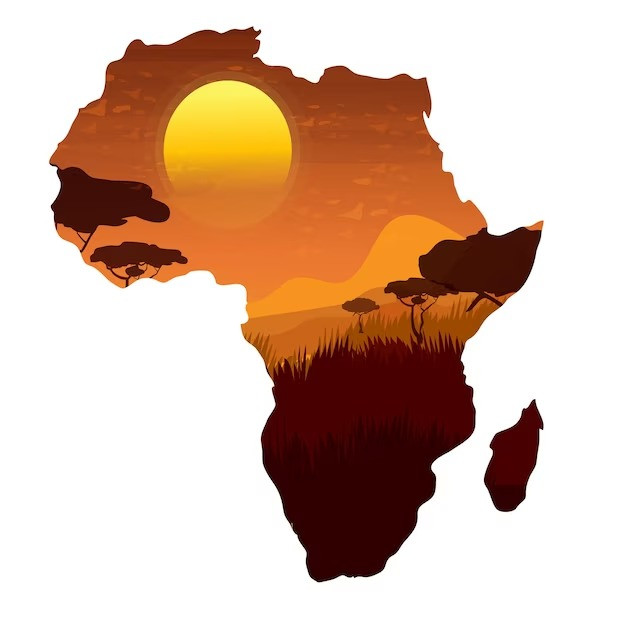I recently attended a lecture at Lund University organized by the AAFRA (Association of African Affairs) that had a profound impact on me. The lecture, led by Agnese Pacciardi, focused on the topics of humanitarianism and development in Africa through a decolonial and feminist lens. The discussion was diverse and offered different perspectives from participants with backgrounds from various parts of Africa and the Middle East.
The Lecture: Understanding Humanitarianism and Development in Africa
The lecture began by introducing key themes:
- The Concept of Development: We discussed the origin and definition of development, which is
primarily based on the perspective of the Global North. - Decolonization: We explored the process of decolonization and its impact on redefining
development and humanitarian aid. - Political Instability: The discussion highlighted how political instability in former colonies
affects governance and sovereignty. - Resource Wealth in Africa: We talked about the paradox of wealth and poverty in Africa due to
its abundant resources. - Emerging Powers: We examined the roles of China and Russia in Africa’s development
trajectory.
Engaging Discussions and Diverse Perspectives
After the presentation, we had a lively Q&A session where participants shared their views and
perspectives. The diversity in the room, with people from different cultural and academic backgrounds, led to a nuanced discussion. We realized that addressing the challenges of development and humanitarianism in Africa requires considering historical, political, and socioeconomic factors.
Towards Solutions: A Collective Reflection
The lecture concluded with a collective reflection on potential solutions. Agnese Pacciardi and the participants proposed alternatives that challenge the mainstream approaches to North-South cooperation. We discussed more respectful and equitable forms of engagement that empower African nations and communities.
Beyond the Lecture: A Call to Action
The lecture was not just an academic event; it inspired us to take action. It urged us to critically engage with the narratives surrounding development and humanitarianism in Africa. We recognized the importance of decolonial and feminist perspectives in reimagining sustainable development that is inclusive and respectful of Africa’s diversity and potential.
As an intern at Mexpert, and as someone of Senegalese descent, this lecture was particularly impactful. It deepened my understanding of the complexities surrounding development work in all Africa and reinforced my commitment to contributing to meaningful change. My heritage and position within the diaspora have instilled in me a profound connection to these issues, making the lecture not just an educational experience, but a personal journey towards understanding and action. As we move forward, I am inspired to be part of the collective effort to redefine humanitarian aid and development in Africa, with a focus on justice, equality, and solidarity. This lecture has affirmed my dedication to contributing to a future that respects and uplifts the diverse voices and potential of the African continent.
Thiam Jaara
